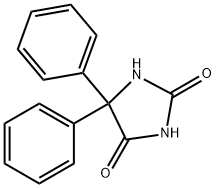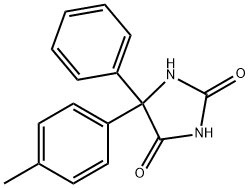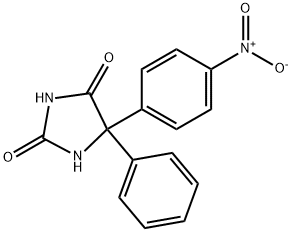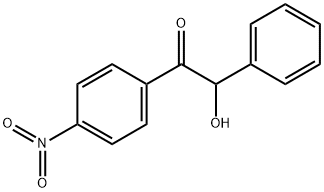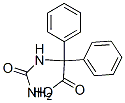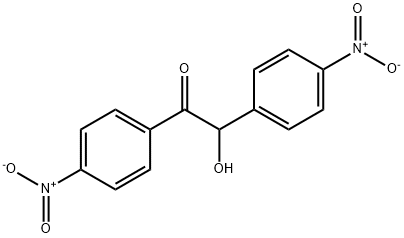Phenytoin , 1000μg/ml,inPurgeandTrapMethanol , 57-41-0
Synonym(s):
5,5-Diphenyl-2,4-imidazolidinedione;5,5-Diphenylhydantoin;Phenytoin
CAS NO.:57-41-0
Empirical Formula: C15H12N2O2
Molecular Weight: 252.27
MDL number: MFCD00005264
EINECS: 200-328-6
| Pack Size | Price | Stock | Quantity |
| 1ML | RMB719.20 | In Stock |
|
| others | Enquire |
PRODUCT Properties
| Melting point: | 293-295 °C (lit.) |
| Boiling point: | 395.45°C (rough estimate) |
| Density | 1.1562 (rough estimate) |
| bulk density | 400-450kg/m3 |
| refractive index | 1.5906 (estimate) |
| Flash point: | 11 °C |
| storage temp. | 2-8°C |
| solubility | DMSO: soluble |
| pka | pKa 8.43(H2O,t =25,I=0.025) (Uncertain) |
| form | Powder |
| color | White to almost white |
| biological source | rabbit |
| Water Solubility | <0.01 g/100 mL at 19 ºC |
| Merck | 14,7322 |
| BRN | 384532 |
| Stability: | Stable. Combustible. Incompatible with strong oxidizing agents, strong bases. |
| InChIKey | CXOFVDLJLONNDW-UHFFFAOYSA-N |
| CAS DataBase Reference | 57-41-0(CAS DataBase Reference) |
| IARC | 2B (Vol. Sup 7, 66) 1996 |
| NIST Chemistry Reference | 5,5-Diphenylhydantoin(57-41-0) |
| EPA Substance Registry System | Phenytoin (57-41-0) |
Description and Uses
The drug was first approved for the treatment of epilepsy by the Food and Drug Administration in 1953 and marketed by Parke-Davis as Dilantin. Its primary mechanism of action appears to block voltage-sensitive sodium channels in the brain (especially in the motor cortex), producing a delay in electrical recovery in neurons and stabilizing the threshold against hyperexcitability.
Phenytoin has the same main effects on the heart as lidocaine. Its use is essentially limited, and it is primarily used only as an oral replacement of lidocaine for paroxysmal tachycardia that is caused particularly by intoxication of digitalis drugs.
Safety
| Symbol(GHS) |   GHS07,GHS08 |
| Signal word | Danger |
| Hazard statements | H302-H351-H360FD |
| Precautionary statements | P201-P202-P264-P270-P301+P312-P308+P313 |
| Hazard Codes | T,Xn,F |
| Risk Statements | 45-61-22-63-40-39/23/24/25-23/24/25-11-20/21/22 |
| Safety Statements | 53-45-36/37-16-7 |
| RIDADR | 2811 |
| WGK Germany | 3 |
| RTECS | MU1050000 |
| Autoignition Temperature | 550 °C |
| HazardClass | 6.1(b) |
| PackingGroup | II |
| HS Code | 29332100 |
| Hazardous Substances Data | 57-41-0(Hazardous Substances Data) |
| Toxicity | LD50 in mice (mg/kg): 92 i.v.; 110 s.c. (Stille, Brunckow) |

